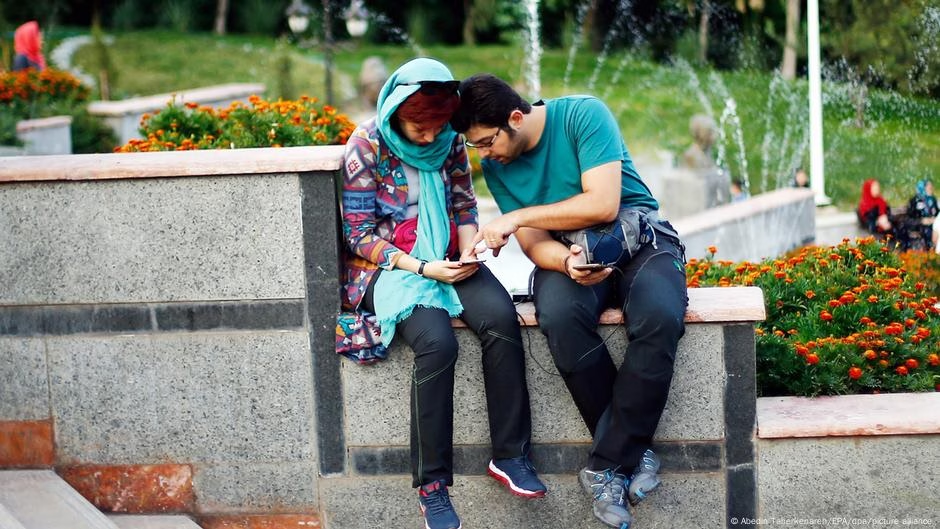At the beginning of the new Persian year, set to commence on March 21, the budget allotted to Iran’s state broadcaster has been increased by approximately 50%, reaching a total of €35 million ($36 million). This financial boost occurs within the context of an ongoing economic crisis in Iran, marked by increasing poverty due to rampant inflation. Despite the challenges, the budget for the Islamic Republic of Iran Broadcasting (IRIB) will exceed the combined budgets of ten government ministries, highlighting the significant investment by the state.
In Iran, all media outlets are under state control by constitution, with no allowances for private media. The broadcaster falls under the authority of Ayatollah Khamenei, who personally appoints its head. This control, however, has not shielded IRIB from criticism. Ayatollah Khamenei has been vocal about his dissatisfaction with the broadcaster’s performance, particularly its inability to counter the influence of Persian-language media outside of Iran, including opposition networks, independent channels, and social media.
The state broadcaster’s sway over public opinion has been waning. According to surveys by the Iranian Students Polling Agency in Tehran, only 12.5% of the population still tunes in to IRIB news, a drastic decline from the 51% engagement rate in 2017. This lack of trust is evident across all its programming, including series and films traditionally targeted towards conservative and religious demography, which now appeal to a mere 11.5% of the population.
Despite strict censorship and control measures, films and series produced independently hold significant social, cultural, and political weight in Iran. These works are often distributed on DVD or through digital streaming platforms. Independent Iranian artists leverage these distribution channels but face risks to their freedom in doing so.
An example of this conflict is with the film “My Favorite Cake” celebrated at the Berlinale 2024, which examines the themes of love and loneliness. The directors and lead actress are now under investigation in Iran for “propaganda against the state.”
The demographic shift away from state-controlled media towards online platforms and streaming services is significant, reflecting a growing alienation between IRIB and the Iranian public, particularly among the youth. Despite substantial investments and support from state-funded agencies, the actual influence of such media is questioned, indicated by figures showing less than 13% of the population engages with IRIB’s content. This disconnect is evident not only in the declining ratings but also in the frequent protests against the political system.
Despite these indicators, the current director of IRIB, Peyman Jebali, maintains that over 41% of the population watches its programs, a claim that contrasts with public trends and engagement metrics. The divergence between the state’s ambitions for its media and the public’s growing reliance on alternative sources of information continues to widen, presenting a significant challenge for IRIB’s role and relevance in Iranian media landscape.
Source: https://www.dw.com/en/iran-boosts-budget-for-state-propaganda/a-71763148?maca=en-rss-en-all-1573-rdf







